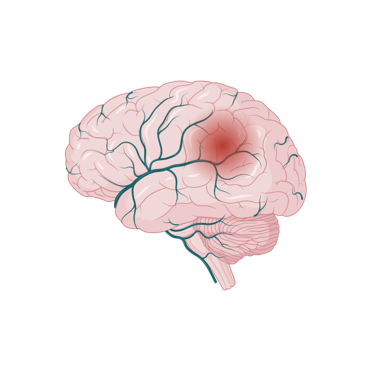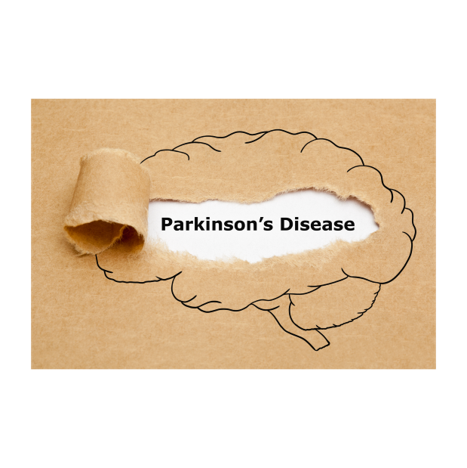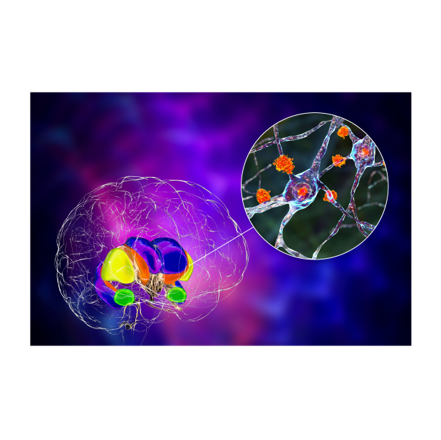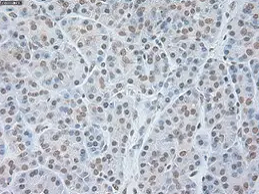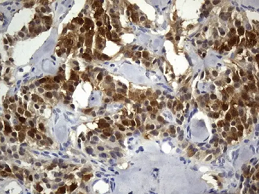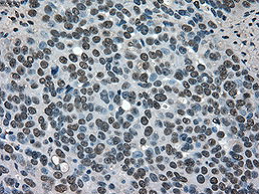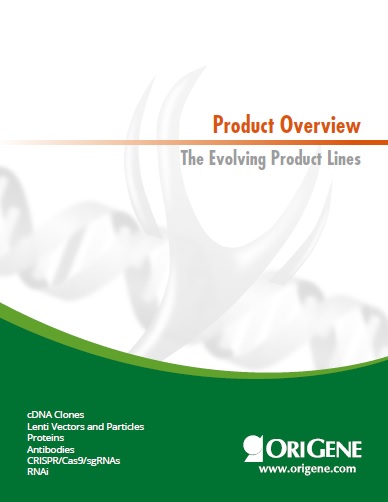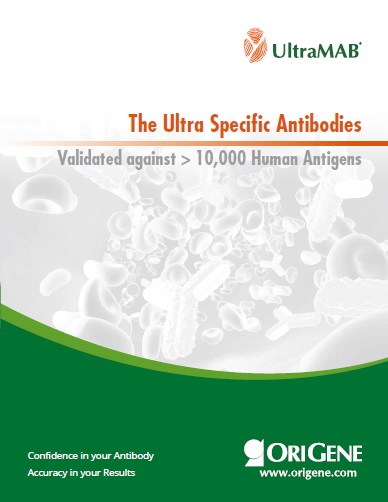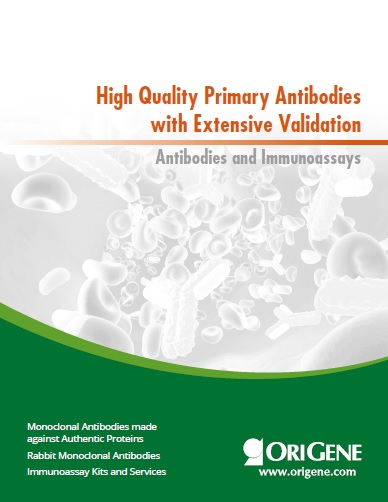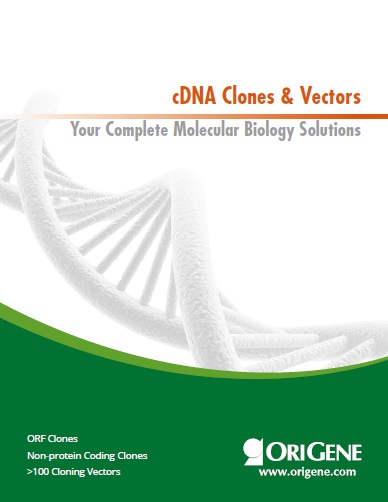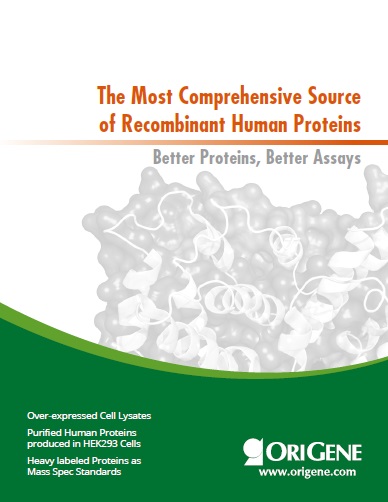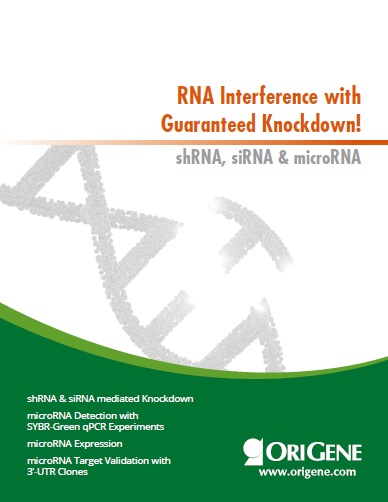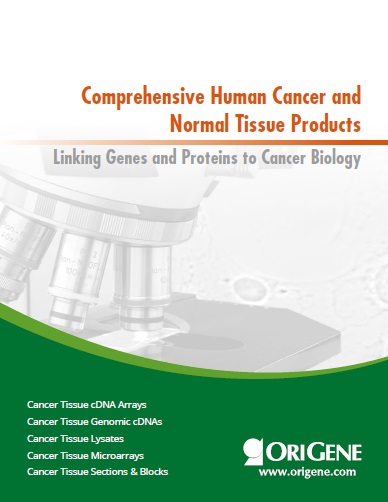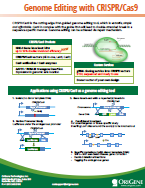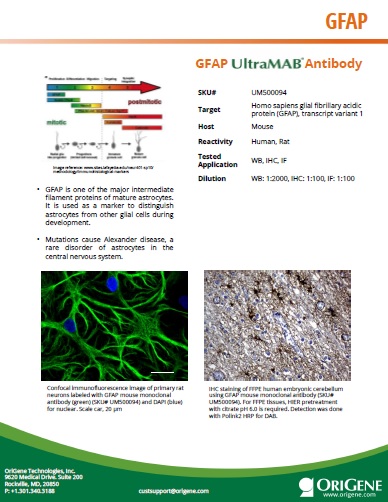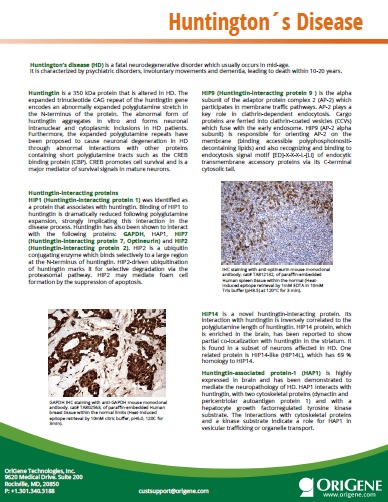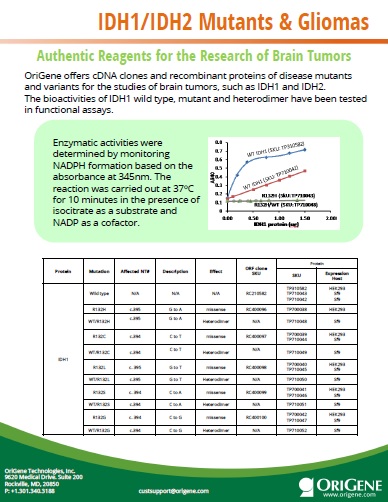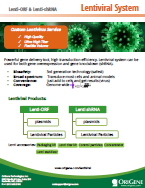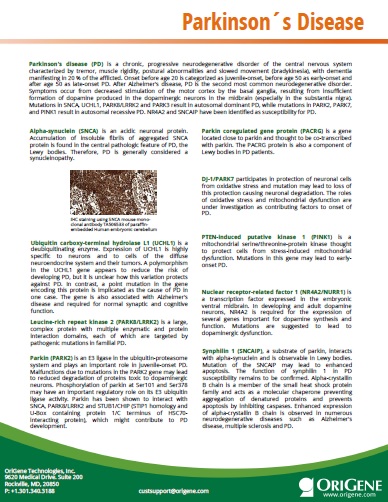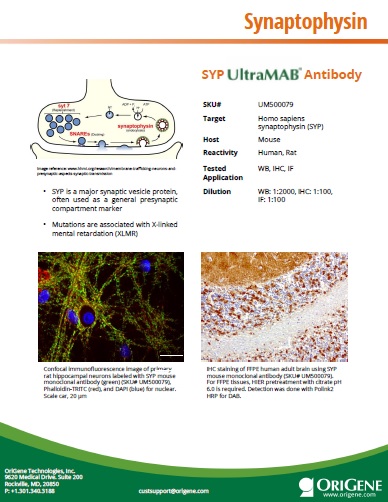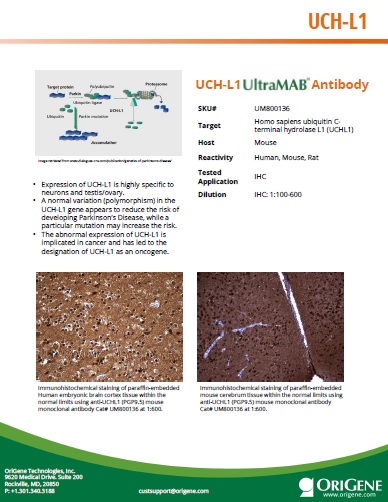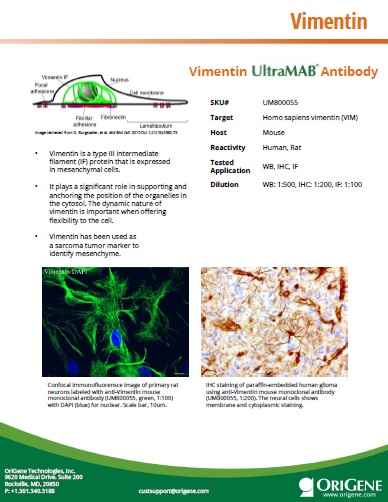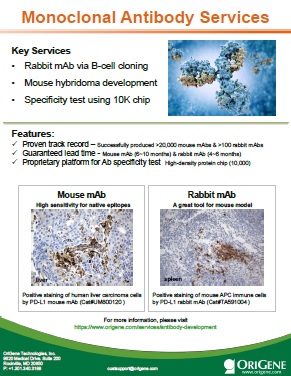Society for Neuroscience (SFN) 2022

Join us at SFN
OriGene is excited to be one of the exhibitors at this year's SfN meeting. SFN is the premier global neuroscience event where scientists from around the world gather to discuss new ideas and present their research and experience in neuroscience.
Location: San Diego Convention Center, Booth #507
Date: Nov 12th – 16th, 2022
Meet our Ph.D.-level support
- Custom Antibody Development- IHC
- CytoSections
- Custom Assay Development
- Marketing/ Management
What are we bringing for you?
With 25+ years of experience in the industry, we bring you the most powerful tools to help you empower your research. Look out for:
- Lentiviral Tools – Making gene delivery easy for you with our lentiviral products. Get your tools here »
- IHC Validated Antibodies – More than 60K+ antibodies for more than 1800 targets. Find your target here »
- Expression-Validated cDNA clones – Our in-stock, expression-validated TrueORF Gold clone is sequence verified and transfection ready. Get your clones here »
- CytoSections – Our unique solution for tissue controls. Watch how you can save time and money with our tissue controls here »
Tools for Neuroscience Research

Traumatic Brain Injury (TBI): This is the damage to brain caused by a jolt or blow to the head. Automobile accidents falls, sports injuries, and assaults are some of the common causes. Concussion, Contusion, Diffuse Axonal Injury, Traumatic Subarachnoid Hemorrhage (tSAH), and Hematoma are the 5 types of TBIs.
Concussion, a mild traumatic brain injury (MTBI), is diagnosed if the patient has no post-TBI injuries detected by a noncontrast CT head scan. Subdural or epidural hematoma, hemorrhage or brain edema often manifest after the patients leave the ER and need to be diagnosed using surrogate biomarkers that appear in blood or other body fluids [1][2].
Key biomarkers of TBI
S100β GFAP NSE NFL BDNF h-FABP UCHL1 IL-1β GAD1Find out more about TBI research tools here.
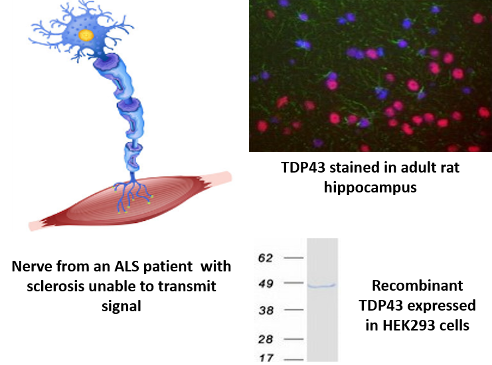
Amyotrophic lateral sclerosis (ALS): This also called as Lou Gehrig’s disease, is a motor neuron disease where one loses control over muscle movements due to dysfunctional nerves. The exact cause of ALS is not clear through some familial ALS is due to mutations in Superoxide dismutase 1 (SOD1).
Key biomarkers for ALS
SOD1 SOD2 SOD3 TDP43Learn about tools for analyzing SOD1 and other tools for ALS research here
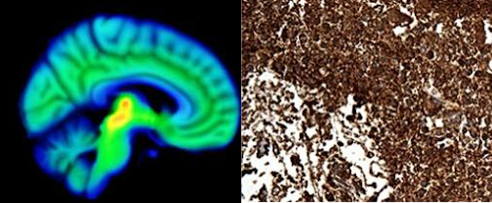
Parkinson’s disease (PD): This is a neurodegenerative disorder that affects the dopamine-producing neuros present in the substantia nigra. Mutations in SNCA, UCHL1, PARK8/LRRK2 and PARK3 result in autosomal dominant PD, while mutations in PARK2, PARK7, and PINK1 result in autosomal recessive PD. NR4A2 and SNCAIP have been identified as susceptibility for PD.
Key biomarkers for PD
SNCA UCHL1 PARK8/LRRK2 PACRG DJ-1/PARK7 PINK1 NURR1 SNCAIPLearn more about biomarkers for Parkinson’s Disease here.
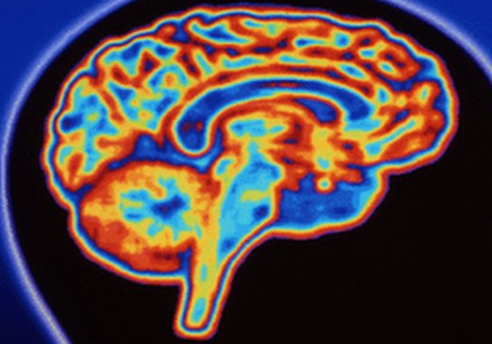
Huntington’s disease: A neurodegenerative disorder, is a result of an altered 35 kDa protein Huntingtin and its abnormal interaction with other proteins, also call Huntingtin-interacting proteins (HIP). These include GAPDH, HAP1, HIP7, HIP2 and more.
Key biomarkers for Huntington’s Disease
GAPDH Huntingtin HIP1 HIP2 HIP7/Optineurin HIP9 HIP14 HAP1Find out more about tools and biomarkers for Huntington’s disease here.
Meet Our Team































































































































































































































































 Germany
Germany
 Japan
Japan
 United Kingdom
United Kingdom
 China
China

